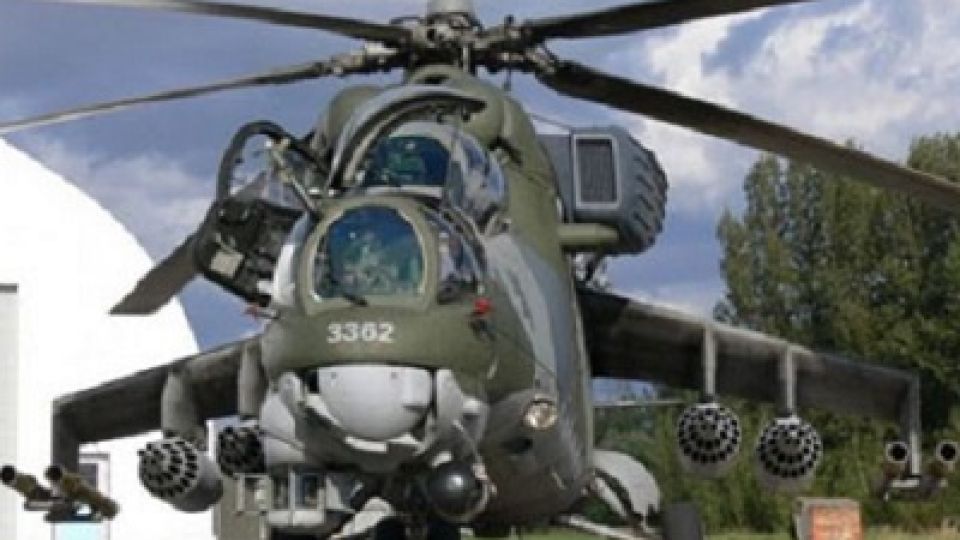from EMEKA OKONKWO in Abuja, Nigeria
Nigeria Bureau
ABUJA, (CAJ News) – THE rate and brutality at which “accidental” airstrikes are claiming the lives of civilians, the Armed Forces of Nigeria is fast earning a reputation as one of the biggest threats to victims of Islamist insurgency and so-called bandits.
The error-prone forces are killing the same civilians they should be protecting.
In this spate of bombings, the civilians, including refugees, have been mistaken for terrorists or bandits.
These deaths, numbering over 300 since the first such incident was documented in 2017, also call into question the rules of engagement and standard operating procedures of the defence.
In the latest such mishap, the army on Tuesday mistakenly killed more than 80 civilians in a drone strike in the northern state of Kaduna. They were among those gathering to celebrate a Muslim holiday.
It is believed they were mistaken for bandits, who are wreaking havoc in the region. More than 60 were injured.
Lieutenant General Taoreed Lagbaja, the Chief of Army Staff (COAS) has paid a condolence visit to the affected Tudun Biri community.
He said the troops were carrying out aerial patrols when they observed a group of people and wrongly analyzed and misinterpreted their pattern of activities to be similar to that of the bandits, before the drone strike.
The army general said Tudun Biri and adjoining villages were “infested” with armed bandits and the Nigerian Army was carrying out operations to “sanitize the area and make it habitable.”
This is the latest of at least five such airstrikes that have resulted in significant civilian fatalities.
In January this year, at least 39 civilians were killed in an airstrike on Rukubi village in the central Nasarawa state, and at least 64 civilians were killed when the air force struck a village in the north-western Zamfara State in December 2022.
In September 2021, at least nine people died following an airstrike on Buwari village in northeastern Yobe State, three of them children.
The worst tragedy was in January 2017 when an air force jet bombed Rann village in Borno state, also in the northeast, leaving no less than 115 people dead and more than 100 injured. Among the casualties were aid workers responding to the terror by Boko Haram.
“While we note that the authorities have termed the civilian deaths as accidental, we call on them to take all feasible steps in future to ensure civilians and civilian infrastructure are protected consistent with Nigeria’s international law obligations,” Seif Magango, United Nations Human Rights Office spokesperson, said.
The spokesperson urged the Nigerian authorities to thoroughly and impartially investigate all alleged violations of international human rights and international humanitarian law, including deaths and injuries from air force strikes, and hold those found responsible to account.
“The government should also provide victims of any unlawful strikes and their families with adequate reparations,” Magango said.
The main opposition People’s Democratic Party (PDP) lamented the bombing and questioned the military’s strategy.
“The fact that the area was bombed twice raises serious concern and questions which border on intelligence gathering, information processing, synergy, command and operation control coordination in the security system,” Debo Ologunagba, PDP national spokesperson, said.
President Bola Tinubu, who is also Commander in Chief of the Armed Forces of Nigeria, dispatched a delegation led by Minister of State for Defence, Dr Bello Matawalle, to the grieving community.
Matawalle emphasized the need for thorough investigations and assured that findings will be made public.
He urged religious leaders to enlighten their followers, emphasizing that the incident was “an operational error deeply regretted.”
The call on religious leaders followed fears this could trigger ethnic crises after some Nigerians angered by the latest incident alleged an ethnic ploy.
“Why are these so-called mistakes only happening in the North and in the predominantly Muslim community?” asked an activist.
“There are security challenges in the South East, but this has never happened over there but this is the fifth time of this kind of mistake in the Northern Muslim community.”
The world’s largest Black nation (estimated at over 225 million people), Nigeria is divided roughly in half between Muslims, who live mostly in the north, and Christians, in the south.
Adnan Abdullahi Adam, denounced the spate of these “operational errors.”
“I’m just asking why the Nigerian Army can target innocent civilians successfully and kill them in their villages but they cannot target bandits and kidnappers in the forest?” he asked.
The armed forces have experienced mixed fortunes against Islamist insurgents and the so-called bandits.
There is also concern that not much punitive action has been meted on military officers on previous such mishaps.
– CAJ News

